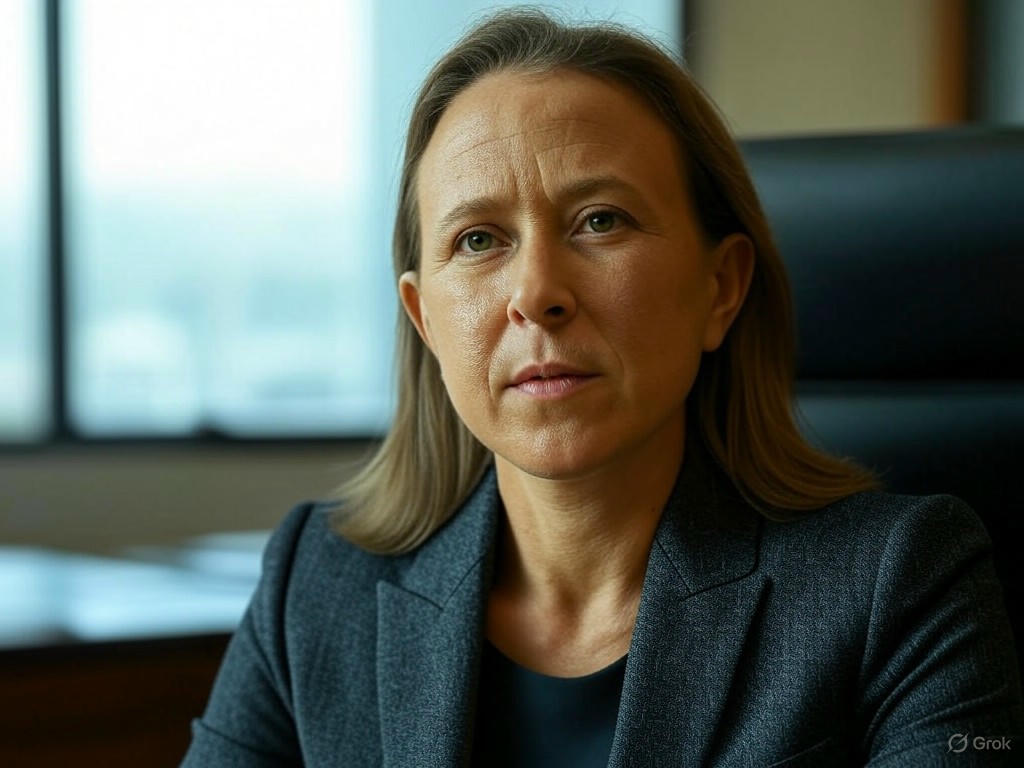23andMe’s Future in Familiar Hands: Former CEO’s $305 Million Buyout
In a surprising turn of events, the genetic testing giant 23andMe is set to return to the stewardship of its former CEO, who has agreed to acquire the company for a staggering $305 million. This move has sparked intrigue and concern among industry watchers and customers alike, given the complex history between the executive and the organization. Once at the helm during the company’s formative years, the former leader was instrumental in shaping 23andMe’s mission to democratize access to personal genetic information. Now, years after stepping away, their return signals a potential shift in the company’s direction.
The deal, valued at $305 million, raises questions about the motivations behind this acquisition. 23andMe has long been a pioneer in direct-to-consumer DNA testing, allowing millions to uncover insights about their ancestry and health predispositions. However, the company has faced scrutiny over data privacy practices in the past, particularly under earlier governance structures that were less transparent. Customers who entrusted their most sensitive information—their genetic makeup—to the company during that era may feel a mix of nostalgia and unease at the prospect of the same individual regaining control. The lack of clarity around how data protection policies might evolve under this renewed leadership adds another layer of uncertainty to the narrative.
Industry experts suggest that this buyout could be an attempt to steer 23andMe toward a more aggressive growth strategy or even a pivot in its business model. The genetic testing market has become increasingly competitive, with rivals expanding into personalized medicine and partnerships with pharmaceutical giants. Under new ownership, 23andMe might prioritize innovation or seek to rebuild trust with its user base by addressing past criticisms head-on. Alternatively, some speculate that the acquisition could be a precursor to taking the company private, shielding it from the intense public scrutiny that comes with being a publicly traded entity. Whatever the intent, the financial commitment of $305 million underscores a deep belief in the untapped potential of 23andMe’s platform and its vast repository of genetic data.
For customers, the implications of this transition are profound. Many signed up for 23andMe’s services years ago, often without fully grasping how their data might be used or shared. The return of a familiar face to the company’s leadership might evoke memories of a time when oversight seemed less rigorous. Stakeholders will likely demand assurances that privacy remains a priority and that the company’s direction aligns with the ethical responsibilities tied to handling such sensitive information.
As this acquisition unfolds, the business world will be watching closely. The former CEO’s vision for 23andMe could either reinvigorate the company or reignite old controversies. One thing is certain: at $305 million, this is more than just a business deal—it’s a bold statement about the future of personal genomics. Whether that future prioritizes innovation, transparency, or both remains to be seen, but the stakes couldn’t be higher for a company that holds the building blocks of millions of lives in its hands.


